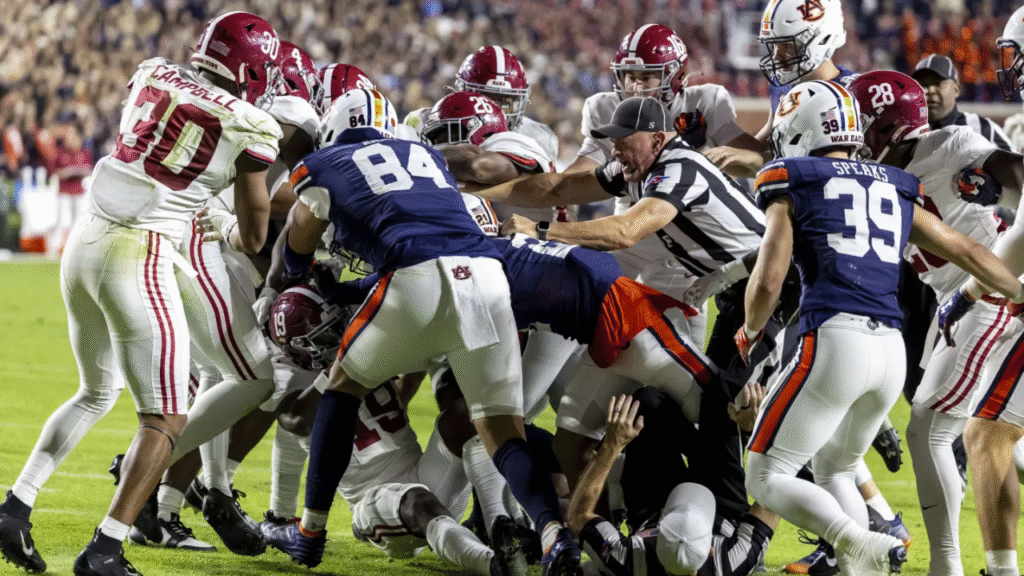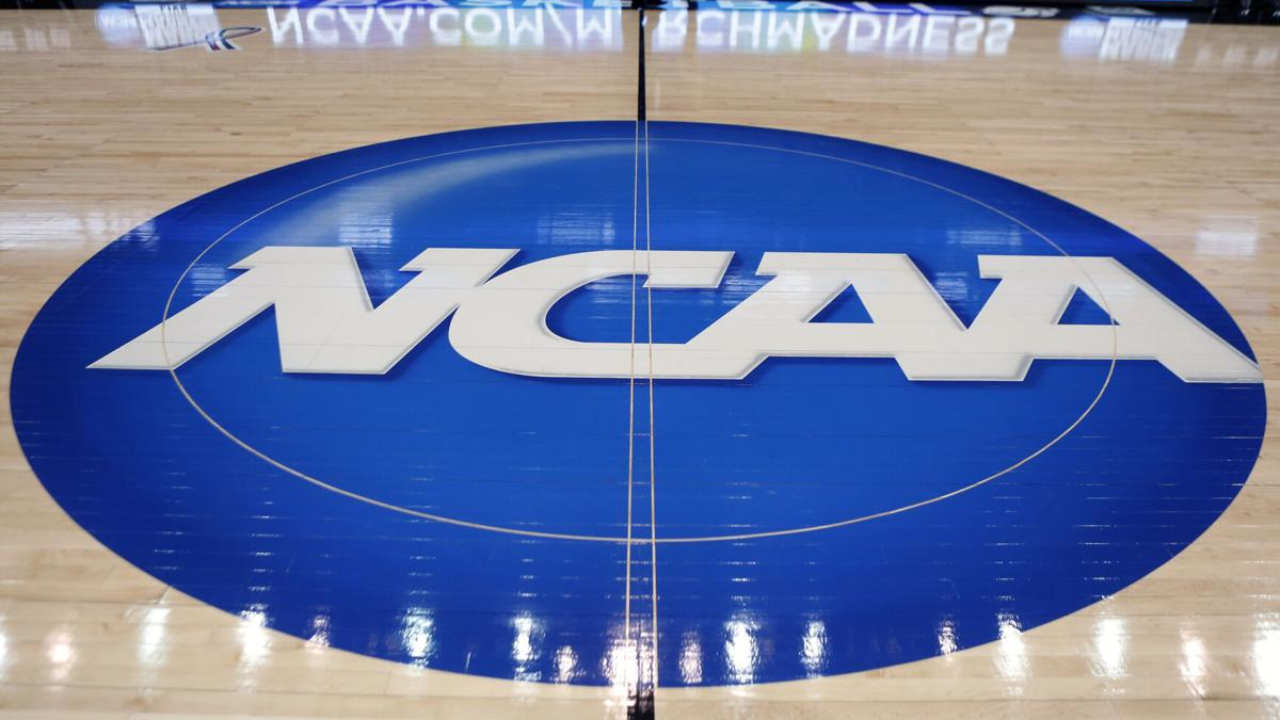A U.S. judge has ruled in favor of the National Collegiate Athletic Association (NCAA), dismissing a class action lawsuit filed by former student athletes seeking compensation for the commercial use of their names, images, and likenesses.
The lawsuit, which involved a group of former college athletes who played in team sports before 2016, was dismissed because the claims were filed too late.
The case, which was brought by 16 former NCAA athletes, was filed last year and sought to represent former Division 1 athletes who were not part of a multibillion-dollar settlement between the NCAA and current/former student athletes.
The settlement, which is still pending approval, aims to provide compensation to athletes from colleges for the first time. However, this settlement excludes athletes who were enrolled before 2016.
U.S. District Judge Paul Engelmayer of the Southern District of New York ruled that the claims made in the lawsuit were not filed within the required four-year statute of limitations under U.S. antitrust law.
According to Engelmayer, the plaintiffs had waited over a decade to bring forward their case. He also stated that the athletes had ample time to pursue their claims but chose not to do so earlier.
The dismissed lawsuit alleged that the NCAA’s use of athletes’ names, images, and likenesses in its commercial activities violated antitrust laws.
The plaintiffs argued that they should have been compensated for the use of their identities in NCAA marketing and media, which they felt profited the organization. Some of the former athletes in the lawsuit included members of the Kansas Jayhawks men’s basketball championship team, along with other notable college sports figures.
The NCAA welcomed the ruling, emphasizing that the court had thoroughly examined the claims and decided to dismiss them.
In a statement, the NCAA expressed optimism that other similar cases, which were filed by former athletes, would also be dismissed similarly by different courts.
They stated that the lawsuit’s dismissal was a significant win for the association, reinforcing the notion that many of these legal challenges were not timely filed.
The lawsuit against the NCAA arose amid growing discussions about the commercialization of college sports, particularly regarding the use of athletes’ images.
Many of the athletes involved felt they had been deprived of fair compensation while their likenesses were used in lucrative marketing campaigns.
This issue has gained more attention in recent years, especially with the introduction of NIL (Name, Image, and Likeness) rights, which allow college athletes to profit from their brand.
Despite the dismissal, the plaintiffs were determined to challenge the ruling. Their legal teams, led by attorneys from various firms, including Milberg Coleman Bryson Phillips Grossman and Tompsett Collegiate Sports Law, stated that they were considering their next steps and would continue to pursue justice for former athletes who were not part of the NCAA settlement.

Meanwhile, in Oakland, California, U.S. District Judge Claudia Wilken is handling a separate case involving current and former student-athletes.
She is set to make a final decision on a multibillion-dollar settlement between the NCAA and thousands of athletes, which is expected to compensate them for the use of their names, images, and likenesses.
However, Judge Wilken recently delayed her approval of the settlement as lawyers for both the NCAA and the student-athletes worked out additional settlement details.
A particular concern is a provision in the settlement that would cap the number of athletes who can be named to team rosters immediately, which Wilken found to be unfair to some of the class members.
This ruling in the Chalmers v. National Collegiate Athletic Association case is seen as a setback for former athletes who were hoping to receive compensation for the NCAA’s commercial use of their likenesses.
However, the legal battle is far from over, and the case could have implications for future lawsuits involving college athletes and their rights to profit from their brands.
In the meantime, the NCAA is looking forward to the conclusion of these legal challenges, hoping that the dismissal of the class action lawsuit will lead to fewer legal battles related to this issue.
With more cases pending and ongoing discussions about how college athletes should be compensated for their involvement in lucrative sports programs, the landscape of college athletics and athlete compensation is expected to continue evolving in the coming years.
The legal teams for the athletes involved in the dismissed case are considering their next legal options. They could appeal the dismissal or pursue other avenues to seek compensation for athletes who are not covered by the existing NCAA settlement.
This legal saga highlights the growing complexities surrounding the commercialization of college sports, particularly regarding the rights of athletes who were not included in the initial discussions about compensation.
With more athletes advocating for their right to be compensated fairly, the NCAA and other stakeholders in college sports are likely to face additional legal and financial challenges in the years ahead.
The case, filed under the name Chalmers v. National Collegiate Athletic Association, has sparked significant debate about the future of college athletics and the rights of athletes.
As more athletes push for fair compensation, this lawsuit is just one of many battles likely to shape the future of college sports in America.



